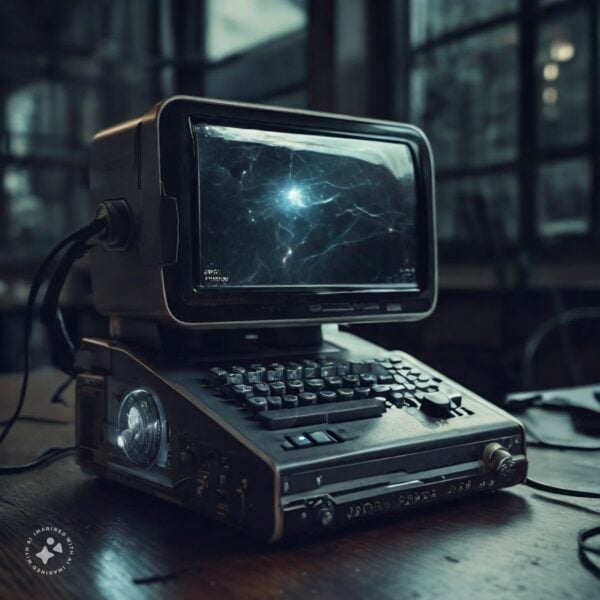Dr. Alaina Burns, a psychiatrist specializing in schizophrenia treatment at the UCLA Resnick Neuropsychiatric Hospital and assistant clinical professor with the UCLA Department of Psychiatry and Biobehavioral Science, discusses how evolving technology and its expanding influence in society are altering evaluation of schizophrenia patients who have delusional thoughts.
With technology now able to track everything from heart rates to shopping habits, what are the difficulties psychiatrists face in being able to distinguish genuine fears of monitoring from delusions brought on by psychosis? How does this affect the ability for doctors to treat delusional thoughts?
“As technological capabilities have changed rapidly over the past several years, it has become harder to draw the line between a reality-based belief and a delusional one,” Burns said. “A fear that you were being monitored through your mobile phone would have been clearly delusional twenty years ago, whereas now it is widely understood that your smart phone is, in fact, registering your speech and your search history.
“Additionally, because it is so easy to connect with others online, those with unusual or false beliefs are more likely to have a shared community with others who have similar beliefs,” Burns continued. “When I am interviewing my patients now, I tend to focus more on the distress or impairment that a belief causes, rather than on the validity or truthfulness of the belief itself.”
In what ways does the internet affect the formation or confirmation of delusional thoughts among schizophrenia patients?
“The internet can be the source of a delusional belief,” Burns said. “Patients will frequently tell me they believe their computer or Wi-Fi network has been hacked, that famous people online are communicating with them personally through social media, or that they are receiving messages in the form of advertisements that pop up in their search engines.
“Patients will also use the internet to look for confirmation of existing delusional beliefs,” Burns continued. “For example, someone who is predisposed to paranoia and distrust of the government may search online forums for evidence of their beliefs. They will be more likely to connect with others online who hold similar beliefs, thus reinforcing their original mistrust.”
As the influence of the internet and related technologies has continued to expand in society these past three decades, what has past research found in regard to how that affects delusional thought symptoms among some schizophrenia patients, and has that changed through time?
“Certain core themes in delusional thought content, including beliefs around persecution, grandiosity, and religion, have remained stable over time,” Burns said. “The specific focus of these beliefs, however, has historically shifted to reflect geopolitical events, new technologies, and changes in cultural themes. “For example, in the 1950’s, delusions of persecution were reported around the Soviet Union in the context of the Cold War, while those in the 1990’s involved North Korea’s development of nuclear weapons,” Burns continued. “These fears all represent a fundamental concern about safety, though with a change in focus that is based on current events.”


